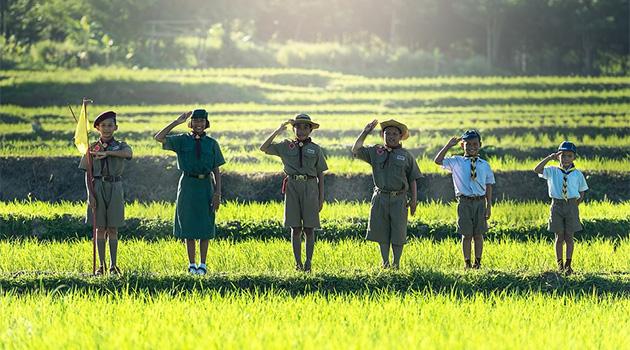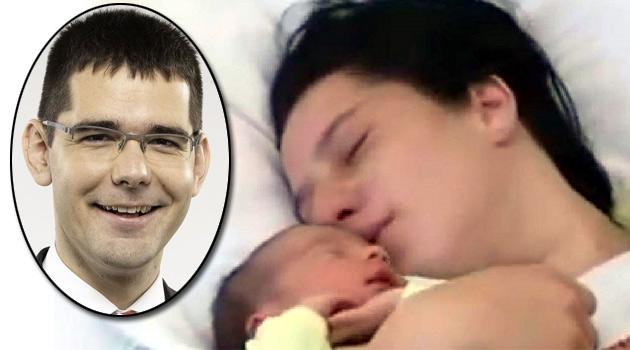Hungarian Scouts claim they did not discriminate against Romani applicants

Are disadvantaged Hungarian Roma youth who want to become Scouts now the latest victims of the transformation underway in the Hungarian social climate? A case from Borsod County has captured the attention of international media asking whether the organization, which traditionally espouses Christian values and is open to all, has turned its back on Romani applicants.
According to an extensive piece on the Hungarian news server 168ora.hu, the Dr. Ámbédkar High School for disadvantaged pupils in the municipality of Sajókaza has long attempted to collaborate with the Scouts. Because a significant number of its students come from exceptionally impoverished conditions and have studied at ethnically segregated primary schools, the school leadership seeks program activities for its pupils that will facilitate their integration into the broader society.
It was exactly the Scouting organization, which is equally open to all applicants irrespective of their differences – as its articles of association state – that seemed to be ideal for such a purpose. Romani children from the high school have long attended events organized by the Scouts and have gradually attempted to create their own troop.
That was where the first hitch has apparently developed. For a troop to be established, it is necessary that the candidates for leadership attend a training camp along with Scouts from the national headquarters.
Three Romani children who wanted to attend that camp were allegedly refused with reference to the fact that their origins and religion were incompatible with the Christian focus of Scouting. According to 168ora.hu, the Romani children subsequently did not manage to successfully apply to any of the other summer camps organized by Borsod County despite the fact that their school had prepaid their participation fees.
Hungarian journalists directly contacted a representative of the national Scouting organization in Hungary, the Hungarian Scouting Association, and received a detailed response resolutely rejecting the idea that this amounted to discrimination of the Romani applicants. “Some Scout troops hold camps only for already-existing members and no guests are invited – no exceptions. That is what happened in this case,” the association emphasized.
In a statement the association also said the school’s payment of the fees for the camp had been sent to them without prior agreement. After increased media interest in the controversy, the Scouts decided to publish the correspondence to date between the troop in question and the school.
From that communication, among other matters, it can be seen that one of the declared reasons the Scouting organization was hesitating to establish broader collaboration with the school was its doubts about whether it would be meaningful for a troop comprising exclusively Romani members to be created. “We believe first and foremost in an integrated kind of child-rearing and education,” their letter to the school leadership reads.
The letter further points out that some of the practical activities of the Scouting movement are directly connected with the Christian faith and alleges that the school leadership had previously expressed reservations about opportunities for religious education. “While we do appreciate your activities and your efforts, it is possible that in this regard they are not compatible with ours,” the Scouts write, who also claim to have been very insulted that they have been accused of discriminating against applicants of a different ethnicity.
